Retrograde
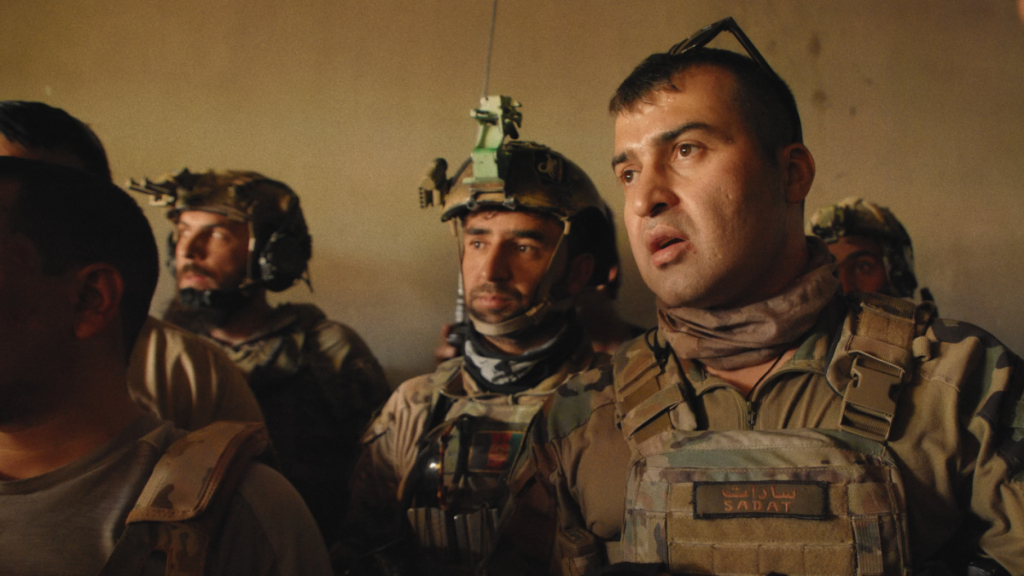
A retrograde movement, in military jargon, refers to the movement away from an enemy. Matthew Heineman’s documentary, named after the manoeuvre, depicts a militaristic retrograde motion as a dereliction of duty, and the whimpering culmination of a failed campaign, one that has smouldered in the background of everyday life for most of the 21st century.
Retrograde is a first-hand account of the final days of US operations in Afghanistan, and the subsequent fall of the American-backed Islamic Republic of Afghanistan at the hands of the Taliban. It is thematic territory that Heineman has explored before in documentaries, including 2015’s Cartel Land and 2017’s City of Ghosts, both of which saw the filmmaker touching shoulders with the violence of civil and global conflict respectively.
Retrograde shares the intensity of these works as well as the intimacy of taking a fly-on-the-wall approach to its subject. Much of the initial activity takes place in Camp Shorab, a military base in the Helmand province designed to equip the Afghan National Army 215 Maiwand Corps with the resources and training necessary to independently counter Taliban offences. In command of this unit is General Sami Sadat, whose countenance is weary but focused. By his own admission, he feels the weight of the duty which may be left to him in the absence of US forces and support, a weight which eventually falls on his shoulders with a merciless brutishness when US President Joe Biden announces the swift withdrawal, an announcement dutifully put into motion but largely not supported by the ground troops. What immediately follows is an indulgence in soul-searching for American troops. Questions of purpose inevitably begin to creep in for them, while questions of survival intrude the thoughts of Sadat and the Afghan people.
The situation grows more and more desperate as the Taliban close in on Helmand Province, while Sadat helplessly cedes more and more ground, and the possibility of ultimate defeat crystallises into morbid reality. It is a story of geo-political significance which was viewed with horror but degrees of separation by most members of the public. As with most events of this kind, they exist in a kind of abstract form. Heineman uses his privileged access to mould the unfolding horror into a cinematic nightmare which is textured and tangible.
There is no narration or talking heads to take you through the escalation of events, and as a result, the film relies upon the intensity and precision of the filmmaker’s visual storytelling, bolstered by startlingly cinematic compositions which lend the film an almost operatic tragedy. Heineman appears to have an instinctive reflex in identifying the most revealing face in the room at any given moment: some of the facial expressions of US and Afghan troops tell a story of dejection better than any written dialogue could, and range from fearful anticipation to forlorn resignation. His access also leads him to a Taliban conference in a scene which is appropriately fleeting yet devastatingly revealing; these are fanatics whose hateful, beady eyes have been restlessly waiting for the chance to strike.
It is a tragically effective piece of detached war journalism, instilling the cinematic texture and moral heft of Zero Dark Thirty and the journalistic intimacy of this year’s The Territory into a unique documentary experience which unravels with the creaseless consistency of a narrative feature.
Matthew McMillan
Retrograde is released in select cinemas on 11th November 2022.
Watch the trailer for Retrograde here:

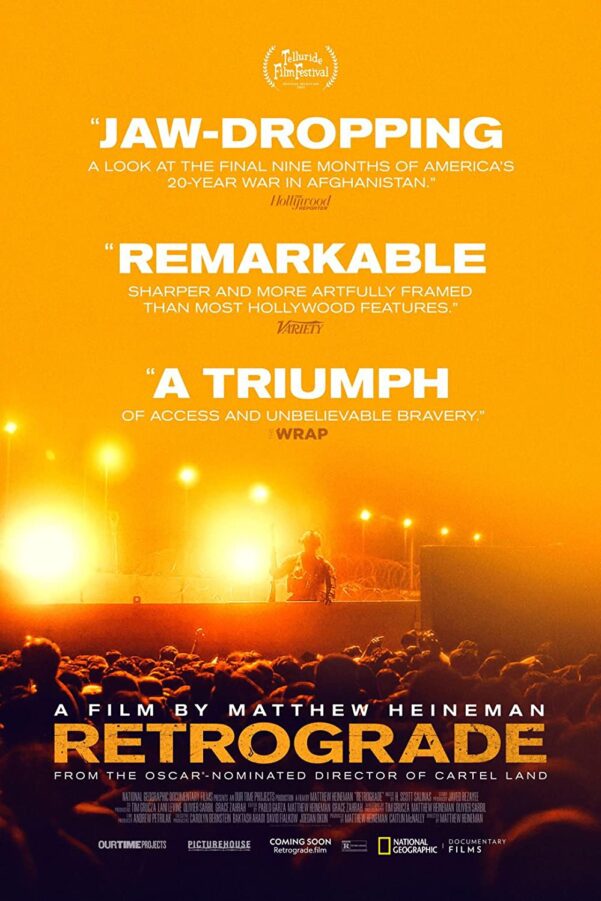
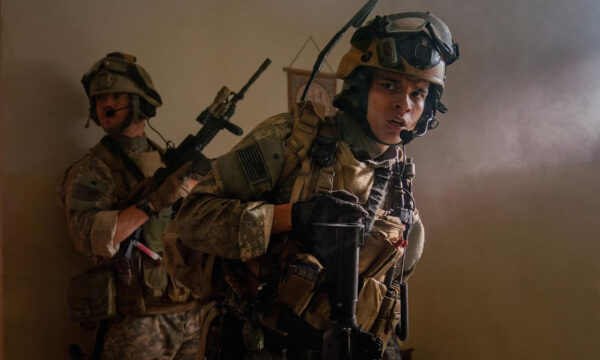



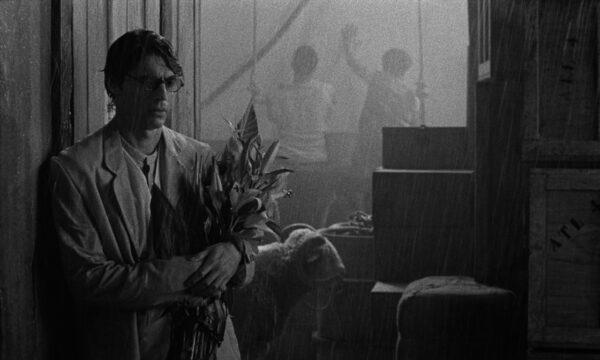

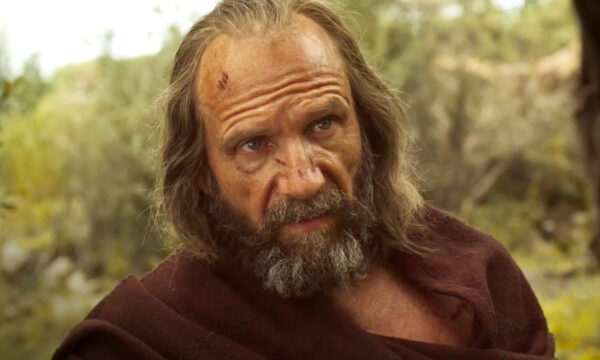
















Facebook
Twitter
Instagram
YouTube
RSS